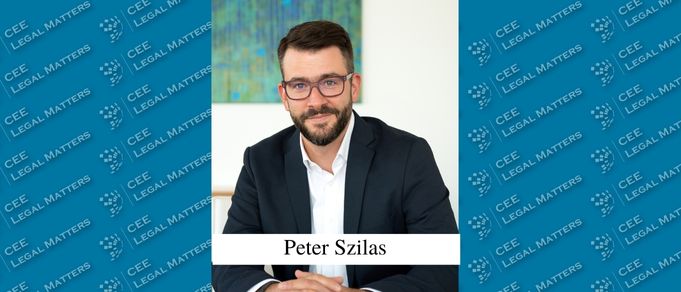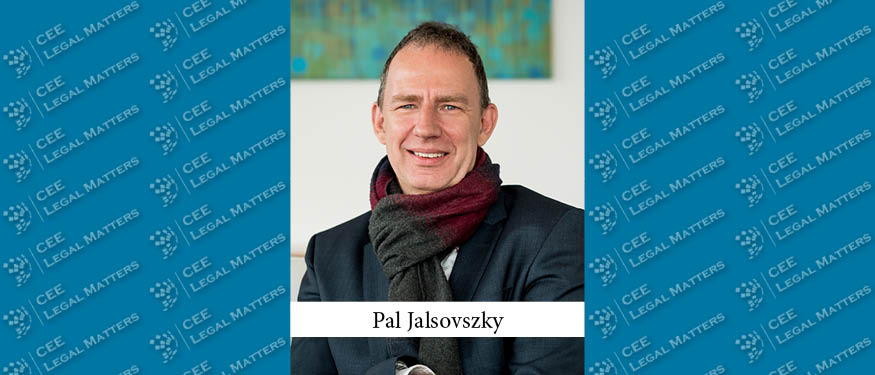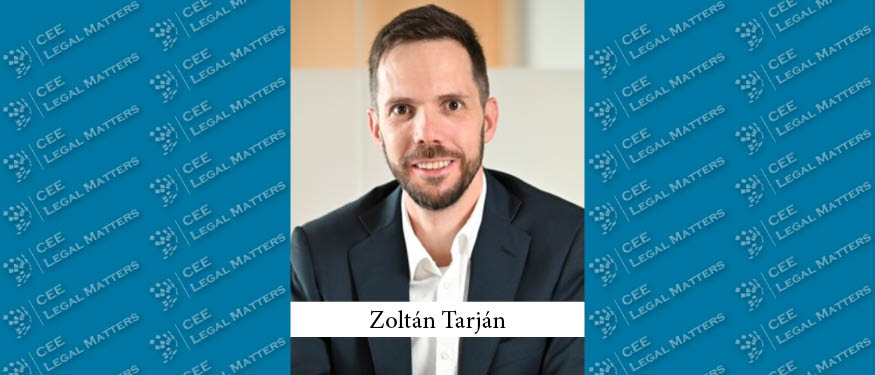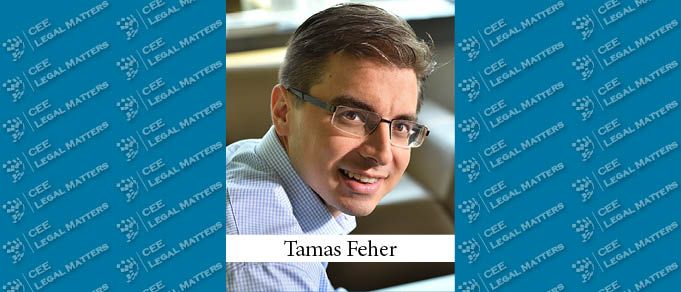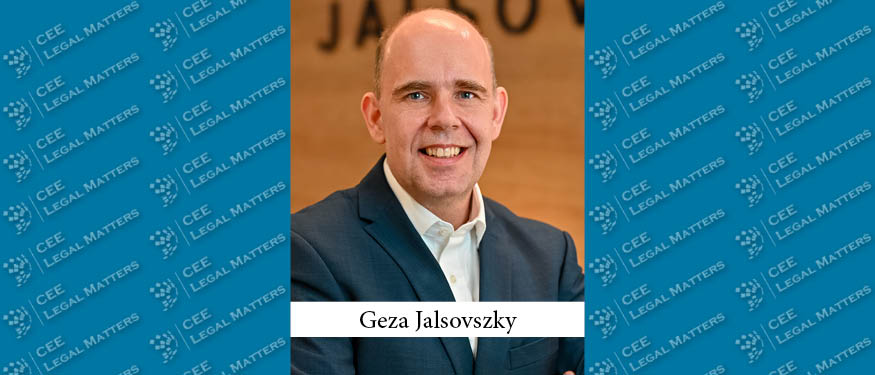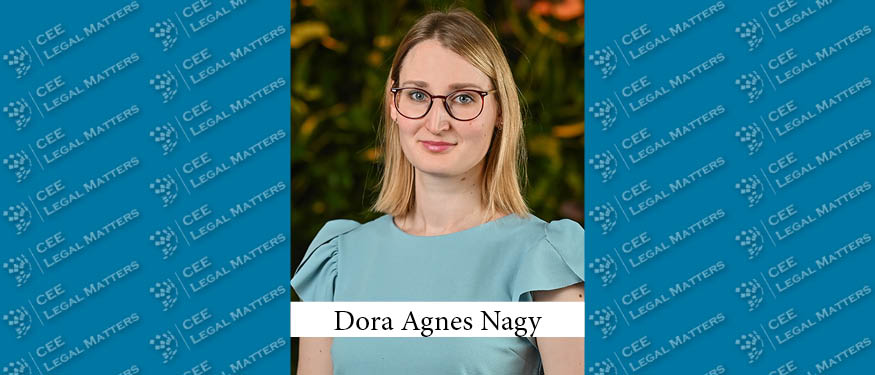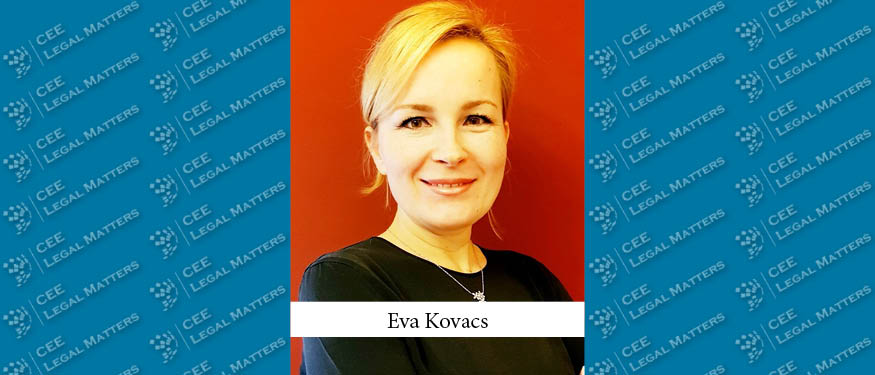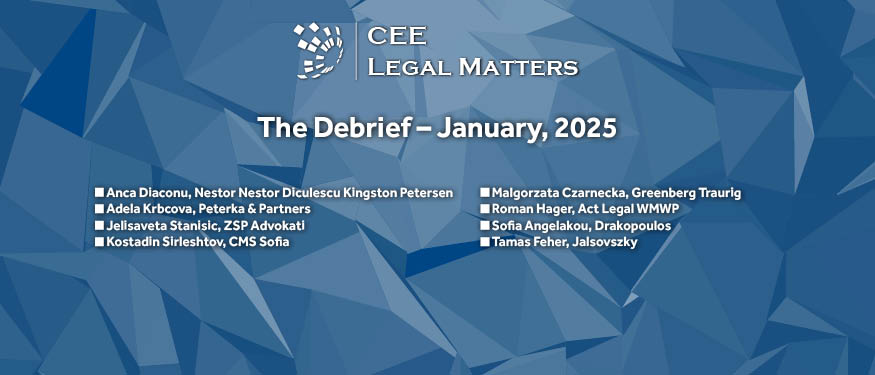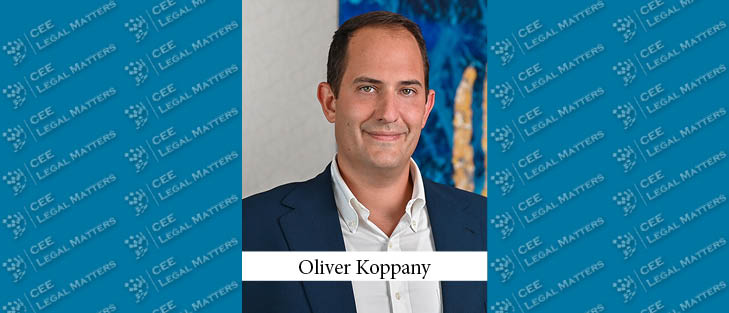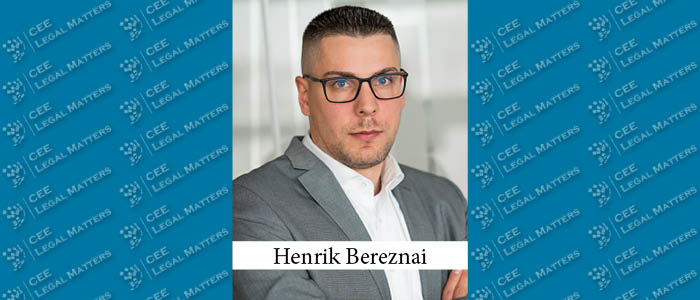A new legislative proposal aims to introduce several exciting innovations in civil litigation. The objectives include speeding up court proceedings, increasing public oversight over litigation, modernizing legal education and academic research, enhancing the Supreme Court’s (Kúria) function of ensuring legal uniformity, and reducing the administrative burden on courts related to their obligation to provide reasoning. We’ve summarized the most intriguing innovations from the proposal below.
Jalsovszky Launches Second Opinion for Legal Disputes Service
Jalsovszky has launched a dedicated “second opinion” service, offering clients, including individuals, companies, and even fellow lawyers, an independent external perspective in legal disputes.
Guest Editorial: “So Your Hourly Rate Is 500 EUR…”
This is not the sentence commonly heard in law firms across the region at the moment. But that might not be the case for much longer.
Interview with the AI Agent: The Legal Side of HR Sci-Fi
HR sci-fi is unfolding before our eyes: there is no doubt that HR technologies represent one of the fastest-evolving segments of digitalization and artificial intelligence. Today, it’s entirely common for candidates to be interviewed by AI chatbots, payroll processes to be assisted by AI-based software, and predictive analytics powered by AI to be used in workforce planning. While progress cannot be halted, it's essential to pay close attention to legal compliance requirements during this hyperspace-speed transformation—otherwise, poorly executed digitalization could lead to serious headaches.
Hot Practice in Hungary: Tamas Feher on Jalsovszky's Dispute Resolution Practice
According to Jalsovszky Partner Tamas Feher, white-collar crime and commercial litigation have been the key growth areas for the firm's Dispute Resolution Practice over the past year, driven by shifts in tax authority behavior, legislative changes, and a more cautious business climate.
The Corner Office: The Next Big Thing
In The Corner Office, we ask Managing Partners at law firms across Central and Eastern Europe about their backgrounds, strategies, and responsibilities. This time around, we asked: For 2025, what is the one sector or industry in the country that shows the most promise for growth, and why?
The Issue of Purchasing Loan-Encumbered Real Estates Will Be Solved
The new Real Estate Registration Act that came into effect in January restructured the system for registering properties purchased in installments or subject to conditions, and introduced the so-called buyer's right. However, since January, there has been considerable debate regarding whether the buyer's right can be registered on properties involved in bank financing (and therefore under alienation and encumbrance prohibition). A recently enacted amendment to the law, however, resolves this issue.
Jalsovszky Launches Legal Technology Team
Jalsovszky has launched a Legal Technology Team led by Head of Technology Geza Jalsovszky.
Attracting International Workforce: EoR, the New Panacea?
Employer of record (EoR) services are becoming increasingly popular for companies looking to expand rapidly internationally. This allows a company to enter a market and recruit workers in another country quickly, efficiently and at lower cost without setting up a subsidiary. As with any panacea, however, it is important to be careful.
How to Employ Employees Abroad?
Connecting a holiday in Tenerife with remote work? Sending an employee to China for three months? While ten years ago, these questions were considered unique, today, international mobility has become an everyday part of employment relationships.
An Outlook on 2025: Dispute Resolution in Hungary
Jalsovszky Partner Tamas Feher and Managing Associate Peter Szilas talk about dispute resolution in Hungary in 2025.
Eva Kovacs Joins Jalsovszky as Head of Real Estate Practice
Eva Kovacs has joined Jalsovszky as a Managing Associate and the firm’s new Head of Real Estate Practice.
The Debrief: January, 2025
In The Debrief, our Practice Leaders across CEE share updates on recent and upcoming legislation, consider the impact of recent court decisions, showcase landmark projects, and keep our readers apprised of the latest developments impacting their respective practice areas.
The Corner Office: New Practice Development Strategy
In The Corner Office, we ask Managing Partners at law firms across Central and Eastern Europe about their backgrounds, strategies, and responsibilities. This time around we turn our attention to setting up new practices and ask: When launching a new practice, what is your go-to strategy – do you look at internal team members to spearhead it, or are you more likely to turn to lateral hires? Why?
The Corner Office: Conference, Anyone?
In The Corner Office, we ask Managing Partners at law firms across Central and Eastern Europe about their backgrounds, strategies, and responsibilities. As sunny days recede, the fall conference season is upon us, so we asked: How do you determine which Partner attends which events?
Harris or Trump – Whether We Like It or Not, This Will Have an Impact on Us
I am not a political expert, but I grew up in Hungary and the United States and have always focused on both countries' policies and political climates. These opinions are based on what I have seen over the past ten-plus years of living between our countries and the policies we have seen from Harris and Trump (either spoken or acted). Both candidates have notable implications for Hungary's relationship with the United States. It could impact NATO dynamics, visa policies, and economic agreements. Each candidate offers distinct approaches that could affect Hungary’s foreign policy and its alignment within Europe.
The Corner Office: Legal Tech (to the Rescue)
In The Corner Office, we ask Managing Partners at law firms across Central and Eastern Europe about their backgrounds, strategies, and responsibilities. With industry-specific software emerging left and right, the legal industry was not left behind. To explore some of the trends in this regard, we asked: What are some of the specific legal tech platforms you use?
Countdown to the Full Implementation of the Mandatory Deposit Refund System
Manufacturers have less than a month left - until June 30, 2024 - before they must comply with the rules for products subject to the mandatory Deposit Refund System (DRS) when placing them on the market. Compliance with the new regulations will result in a price increase of HUF 50 per product, which consumers will have to bear - unless they return the relevant beverage cans and bottles.

